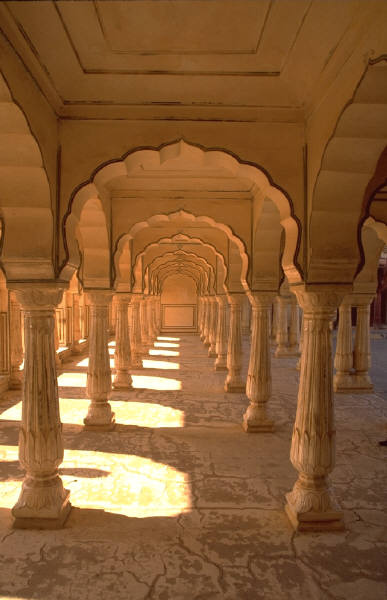LITR 5734:
Colonial & Postcolonial Literature

Student Poetry Presentation 2008
Thursday, 6 March:
· Poetry reading from Walcott: "God Rest Ye Merry, Gentlemen" (91)
reader: Matt Richards
God Rest Ye Merry, Gentlemen
Splitting from Jack Delaney’s, Sheridan Square,
that winter night, stewed, seasoned in bourbon,
my body kindled by the whistling air
snowing the Village that Christ was reborn,
I lurched like any lush by his own glow
Across towards Sixth, and froze before the tracks
of footprints bleeding on the virgin snow.
I tracked them where they led across the street
to the bright side, entering the wax-
sealed smell of neon, human heat,
some all-night diner with its wise-guy cook,
his stub thumb in my bowl of stew, and one
man’s pulped and beaten face, its look
acknowledging all that, white-dark outside,
was possible: some beast prowling the block,
something fur-clotted, running wild
beyond the boundary of will. Outside,
more snow had fallen. My heart charred.
I longed for darkness, evil that was warm.
Walking, I’d stop and turn. What had I heard
Wheezing behind my heel with whitening breath?
Nothing. Sixth Avenue yawned wet and wide.
The night was white. There was nowhere to hide.
Objective 1b Historicism: To counter challenges to global knowledge and planetary identity by enhancing knowledge and identifying persistent oppositional themes or identities in cross-cultural dialogues. National or ethnic “purity” vs. “hybridity”
Walcott is doing through his own mixed cultural identities. He can’t be either British or Black. He is both, but that tends to be a problem for him because society doesn’t make room for people who are both. Society wants him to choose, but if he does then he won’t be true to himself. For Walcott, being a hybrid is a constant struggle inside himself as well as in everyday life.
Walcott starts the poem describing where he is during a winter night. Walcott is in New York City, he’s downtown. Here he seems to use a beast to represent what evil things that racism can do to the world.
He says, “some beast prowling the block, something fur-clotted, running wild beyond the boundary of will” (Walcott15-17). He is showing how untamed and wild racism can make a person and that it can make them do things that would be against their true nature.
He uses the “white-dark” of the city to show how at conflict white and black people are even in a supposedly progressive city like New York.
It also seems that Walcott is at war with his to different ethnicities within himself as well. He says, “I longed for darkness, evil that was warm” (Walcott 19). Here he is say that the white snow, which is usually a symbol of things that are good and pure, is too much for him to take. He wants the “evil darkness.” He is using that term sarcastically but also the way it appears at the same time. By doing this, he is really showing his inner struggle.
The other thing I noticed was the last line. It says, “The night was white. There was nowhere to hide” (Walcott 23). This shows how normally on a dark night he could hide but since the city is covered in snow he is not able to move around without being seen. Walcott uses the weather to show the tension between the races.
This relates to our class because we are trying to takes issues such as racism and look at it from both the side of the colonizer and the colonized peoples. Here, Walcott represents both sides because he is of both British and African ancestry.
Questions
Does this poem show a positive, hopeful side to the problem of being of mixed race in a society that wants people to choose a side? Or is Walcott telling us that it is impossible to overcome the internal struggle that he goes through?
Would Achebe agree or disagree with Walcott?
Why do you think Walcott put “God Rest Ye Merry, Gentlemen” as his title?
|
|
|
|
